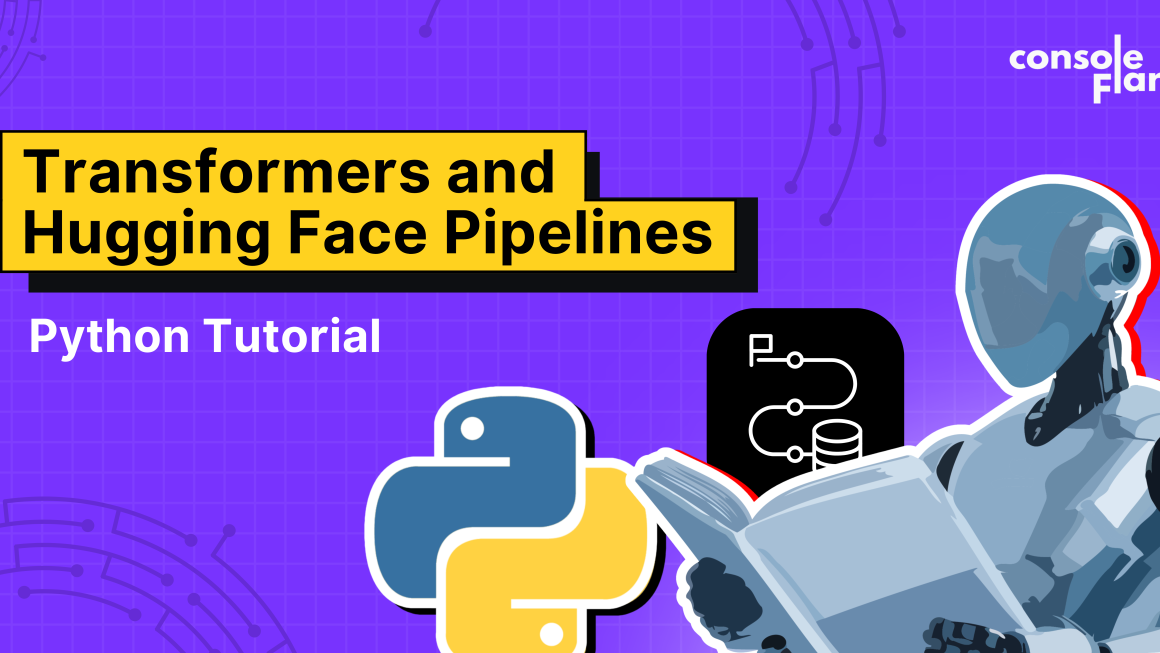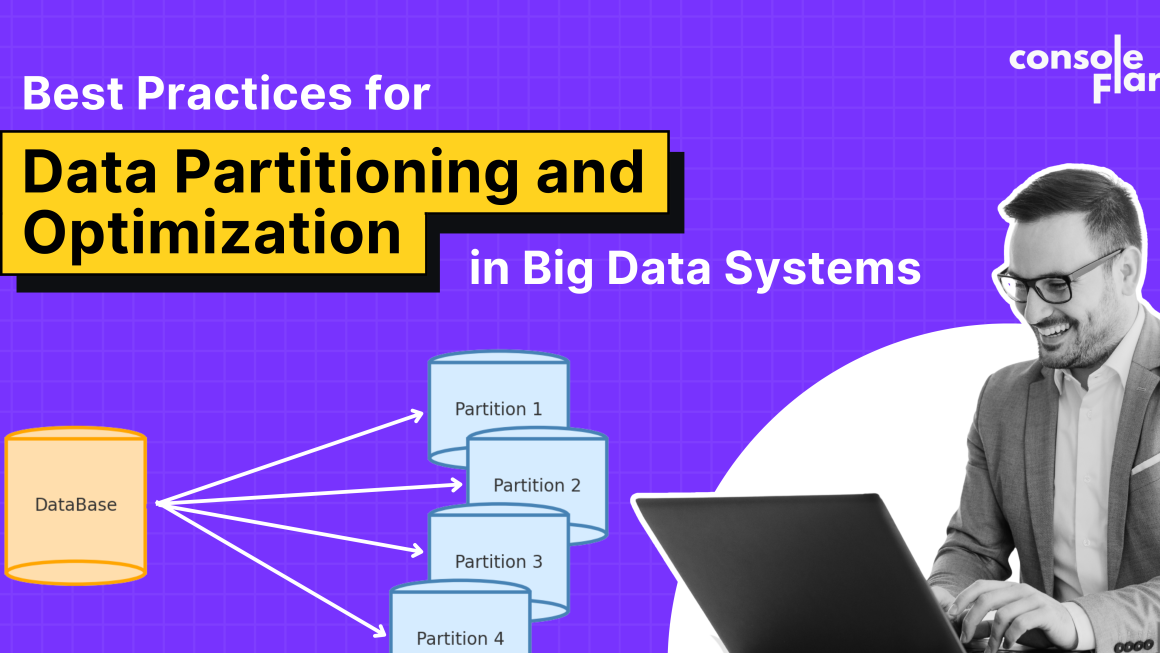Data science has become one of the most in-demand career paths today, as companies across industries rely on data to make informed decisions. With the world rapidly digitalizing, massive amounts of data are generated daily, and organizations need skilled professionals who can manage, analyze, and extract insights from this data.
As the demand for data professionals grows, so does the number of ways to learn data science. Two popular options are data science courses (universities, institutes, or certifications) and bootcamps (short, intensive programs). But which one is right for you? Let’s break it down.
What Do Data Science Professionals Do?
Before comparing, it’s important to understand the role of a data science professional. Data scientists and analysts:

- Collect, clean, and process datasets.
- Handle messy data and make it usable.
- Perform exploratory and statistical analysis.
- Build machine learning models to uncover patterns.
- Visualize insights and help organizations make data-driven decisions.
With this foundation, let’s explore the two learning paths.
Data Science Courses
Data science courses are offered by universities, institutes, and online platforms. They can range from certification programs to bachelor’s and master’s degrees.
Advantages
- In-depth learning with a strong theoretical foundation.
- Globally recognized degrees and certifications.
- Structured curriculum covering statistics, Python /R, SQL, ML, cloud, and visualization.
- Clear progression, making it easier for beginners.

Disadvantages
- Time-consuming: can take 1–4 years.
- High fees, especially for degrees.
- Slower ROI compared to bootcamps.
If you want comprehensive, long-term knowledge and global recognition, a data science course is ideal. Institutes like Console Flare also offer shorter, affordable courses that save time and money while covering industry-relevant tools.
Data Science Bootcamps
Bootcamps are short-term, intensive training programs (8–24 weeks). They are designed to get you job-ready quickly.
Advantages
- Fast-paced learning with a focus on practical skills.
- Hands-on experience with Python, SQL, and visualization tools.
- Ideal for quick career switches.
- Smaller time investment compared to traditional courses.

Disadvantages
- Expensive despite short duration.
- Limited focus on fundamentals and theory.
- More suitable for self-motivated learners.
Bootcamps are best for those who want to switch careers quickly or get hands-on skills for entry-level positions.
Learning Style & Flexibility
- Courses → Great for learners who prefer structured, in-depth, and long-term learning.

- Bootcamps → Best for fast learners who want to get job-ready in months.
Career Outcomes
After a Data Science Course:
- Roles: Data Analyst, Data Scientist, Machine Learning Engineer, Researcher.
- Opportunities in MNCs and large companies.
- Strong long-term ROI and recognition.
After a Bootcamp:
- Roles: Junior Data Scientist, Data Analyst, BI Analyst.
- Opportunities in startups, consulting firms, and entry-level positions.
- Faster ROI if job placement support works.
Conclusion
Both data science courses and bootcamps can lead to a rewarding career in data science—it depends on your goals, time, and budget.
- If you want comprehensive learning and strong foundations, go for a data science course.
- If you want a quick career switch and practical skills, a bootcamp may be right for you.
If you are a beginner and want to start your journey, enrolling in a data science course with Console Flare is a smart choice. You’ll learn the latest tools and technologies from industry experts, and their placement support will help you crack interviews and secure a high-paying job in the data field.
For more such content and regular updates, follow us on Facebook, Instagram, and LinkedIn





